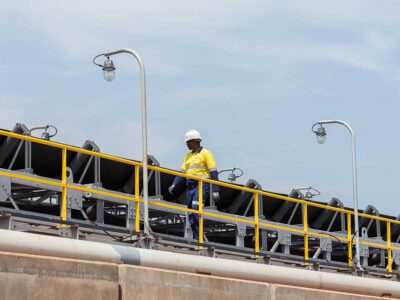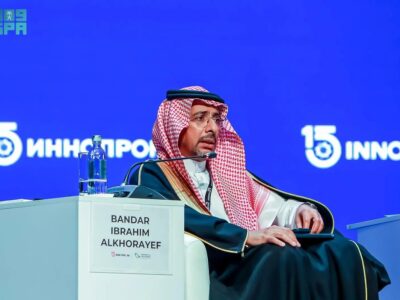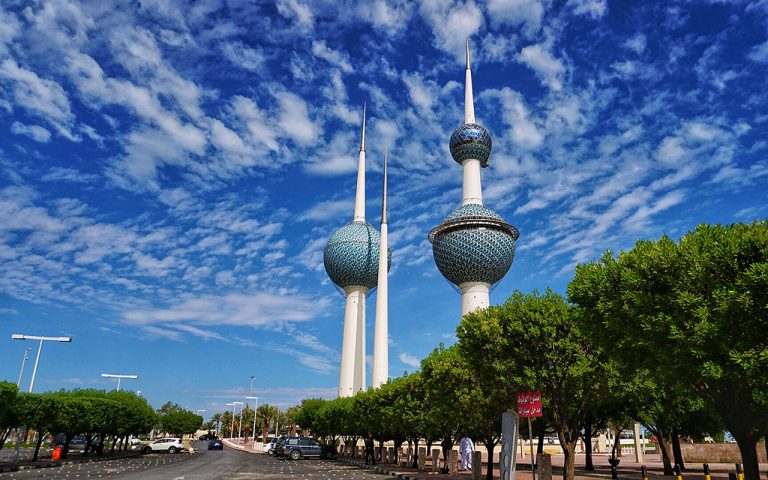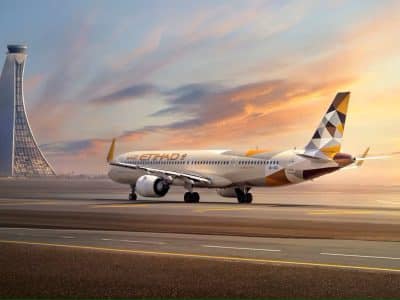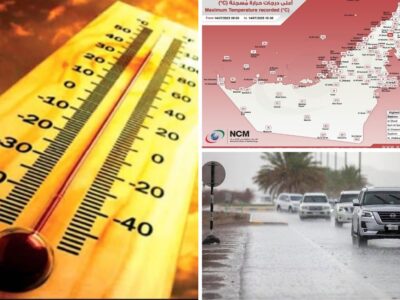Kuwait’s approval of a massive spend on infrastructure, health, environment and power projects for the 2021-2022 financial year is much needed to diversify the economy – something that all Gulf countries must do as reliance on fossil fuel fades while the world pursues greener options.
Kuwait, which is saddled with large debt and political deadlock, a combination that is blunting the ability of the country to invest money from its sovereign fund, ultimately stymying the country’s ability to diversify its economy away from oil, has approved a $65 billion spend for the projects.
“[The projects are] needed in Kuwait, and I think it’ll help diversify and upgrade the economy. These infrastructure funds and infrastructure spending is most welcome,” Scott Livermore, ICAEW economic advisor and chief economist at Oxford Economics, told Arabian Business.
Partnerships
The projects include 14 major public projects with a total value of approximately $59bn and four partnership projects worth nearly $3.2bn, the Kuwaiti Alanba newspaper previously reported, citing official data.
.jpg?vxw07OM6) Scott Livermore, ICAEW economic advisor and chief economist at Oxford Economics.
Scott Livermore, ICAEW economic advisor and chief economist at Oxford Economics.
Five percent of the approved projects will focus on partnerships with the private sector.
“Historically, there have been some public private partnerships in Kuwait. So it’s not unprecedented to get private sector money in these initiatives. And they’re not asking for a huge amount of the share. But I guess in terms of a percent of GDP, or percent of your economy, it’s still quite significant private sector contribution,” Livermore said.
Public private partnerships have been active in Kuwait since 2015, and the Gulf country has been working to transform itself into a financial and trade hub by 2035 to attract investors through its Kuwait National Development Plan introduced in 2017.
“It will be good for the efficiency of these investments to get the private sector involved,” Livermore said. Kuwait lags behind its Gulf neighbours in ease of doing business, ranking 83 out of 190 countries in 2019, according to KPMG, and bureaucratic red tape often make processes slow.
For the new projects, the report showed nearly half the projects cover economic diversification, while 16 percent involve infrastructure, and the rest cover health, environment, power and other sectors.
Economic momentum lacks
However, doubt persists as the country’s economy continues to struggle under the weight of Covid-19 and political deadlock.
“There is little sense of economic momentum in the country. It’s unclear what direction economic policymakers want the country to move in,” said Robert C. Mogielnicki, resident scholar at the Arab Gulf States Institute in Washington DC. “Foreign investors are not suddenly going to be rushing to get in on this action.”
Livermore also had doubts. “The bigger question I’d probably have, given their history of unlocking the significant financial assets they have, and being able to deal with their budget issues, is how easily they’d be able to actually realise this money to spend on infrastructure,” he said.
The projects comprise mainly the airport expansion, the Silk City, island development, trans-Kuwait rail network and rail link with nearby Gulf countries, Matla City, and the Clean Fuel Project.
 Robert C. Mogielnicki, resident scholar at the Arab Gulf States Institute in Washington DC.
Robert C. Mogielnicki, resident scholar at the Arab Gulf States Institute in Washington DC.
In June, Kuwait approved a $76bn state budget with a focus on job support as the OPEC member – like other Gulf nations – works to diversify its economy away from oil. Kuwait’s Finance Minister Khalifa Hamade said 71.6 percent of expenditure was allocated for job support, with 15 percent earmarked for development projects, namely infrastructure and residential project.
The country’s budget deficit has widened to nearly 29 percent of GDP and is one of the largest globally.
While non-oil GDP is gradually recovering, it is unlikely to return to pre-pandemic levels until 2022, but the sector is expected to account for the bulk of Kuwait’s anticipated 2.5 percent GDP growth this year, according to the Oxford Economic’s Economic Insight report, commissioned by ICAEW.
It said that in 2021, non-oil growth is expected to reach 3.1 percent, and by 2022 it should hit 4.7 percent.
